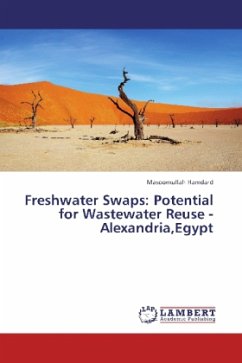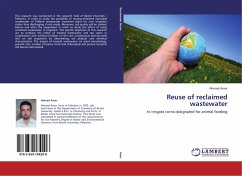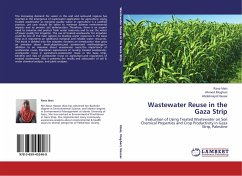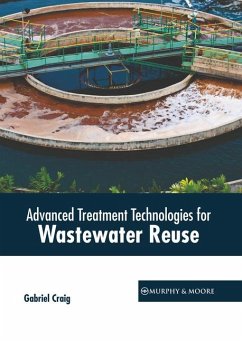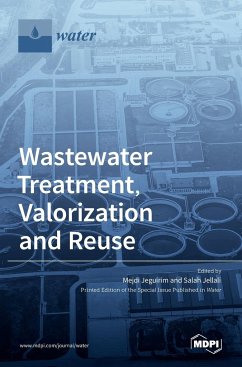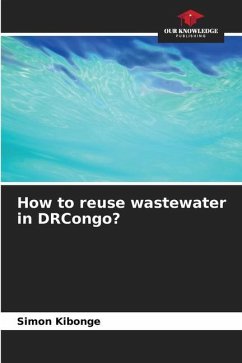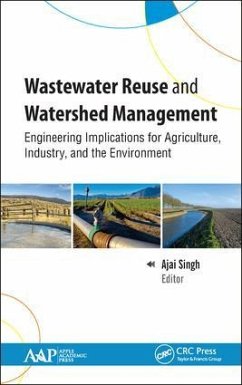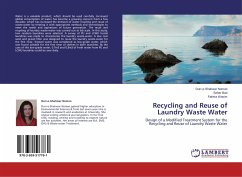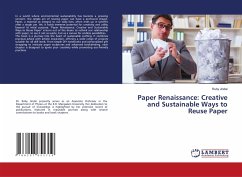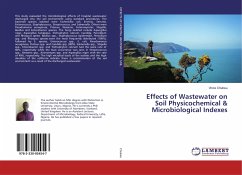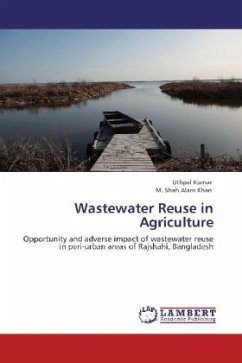
Wastewater Reuse in Agriculture
Opportunity and adverse impact of wastewater reuse in peri-urban areas of Rajshahi, Bangladesh
Versandkostenfrei!
Versandfertig in 6-10 Tagen
32,99 €
inkl. MwSt.

PAYBACK Punkte
16 °P sammeln!
Untreated municipal wastewater is being traditionally used for agriculture by the farmers in the peri-urban areas of Rajshahi city, located in the drought-prone north-western part of Bangladesh. This study was carried out to assess the benefits and adverse impacts of wastewater reuse in the peri-urban areas of Rajshahi, the fourth largest metropolitan city of Bangladesh. Social acceptance of wastewater reuse and a feasibility of a long term institutional arrangement were also analyzed in this study. This book is divided into six chapters. Chapter one provides a detailed background information,...
Untreated municipal wastewater is being traditionally used for agriculture by the farmers in the peri-urban areas of Rajshahi city, located in the drought-prone north-western part of Bangladesh. This study was carried out to assess the benefits and adverse impacts of wastewater reuse in the peri-urban areas of Rajshahi, the fourth largest metropolitan city of Bangladesh. Social acceptance of wastewater reuse and a feasibility of a long term institutional arrangement were also analyzed in this study. This book is divided into six chapters. Chapter one provides a detailed background information, objective and limitations. In chapter two, a review of the literature to the current study has been documented. Chapter three contains detailed information on the study area including as population and demography, socio-economic condition, study area location, climatic condition, soil and topography. The major water resource management institutions, agricultural and livelihood activities ofthe local people are also described in this chapter. Chapter four describes the materials and methods for the present study. Several methods for wastewater have been applied in the study.



